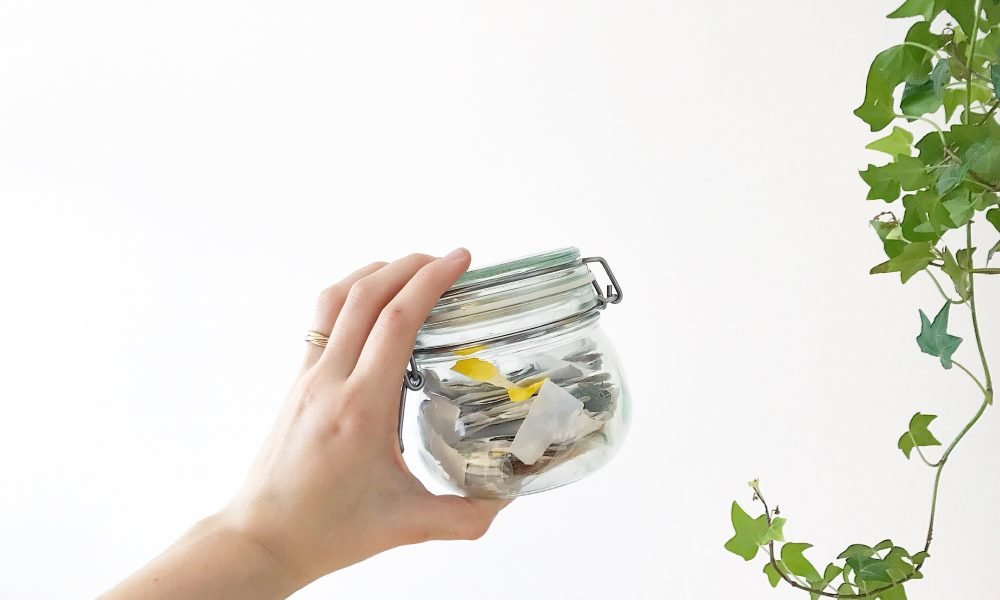
What is a Zero Waste Lifestyle and How Can You Get Started

There’s no beating around the bush on this—the world has a very serious waste problem. Case in point—America generates a whopping 30% of the world’s garbage, despite only making up 5% of the world population. This equates to approximately a million pounds of trash per person per year, which, it goes without saying, is far too much. Everybody—no exceptions—contributes to this incredible amount of waste. Luckily, this also means that everybody—no exceptions—can also contribute to minimizing it. This is where a new movement known as the zero waste lifestyle comes in.
As daunting as the term “zero waste” may seem, it is actually not at all a lofty exercise. In a nutshell, adopting a zero-waste lifestyle means keeping your individual waste down to the barest minimum by adapting certain practices that are sustainable and Earth-friendly. Although sacrifices may be required here and there (and some of them will be quite inconvenient at first), it is still a habit that can be formed over time with even some financial benefits to be enjoyed in the long run. Suffice it to say, it is responsible consumerism and the core of which is known as the 5 R’s.
Refuse
 Refusing what you do not need is the first step in adopting a zero-waste lifestyle. This means buying less and focusing on what you need instead of what you want. Some may argue that there’s no harm in indulging in wants from time to time, and they would be right. However, a zero-waste lifestyle demands that we do so consciously and responsibly.
Refusing what you do not need is the first step in adopting a zero-waste lifestyle. This means buying less and focusing on what you need instead of what you want. Some may argue that there’s no harm in indulging in wants from time to time, and they would be right. However, a zero-waste lifestyle demands that we do so consciously and responsibly.
Refusing single-use items, especially those made of plastics, is the best way to get started. Refuse plastic bags when shopping and instead use your own reusable bag. More and more stores are now charging for plastic bags, so using your own bag will actually save you money in the long run. Other things you can refuse are disposable drink and coffee cups and plastic straws. Many coffee shops now give you credit for using your own coffee cups, which is a great incentive to have.
Reduce
The fact of the matter is you really, really do not need a lot of stuff to live. If you inventory your current house and all your belongings, you will likely find that you do not need the majority of stuff that you own. It is, therefore, a good idea to learn to live with less. Simplifying is what drives the zero-waste home, and you’ll find that by minimizing the amount of stuff that you own, you minimize clutter, which, in turn, minimizes possible stressors in your life.
Reuse
Before you throw something out, consider how it can be reused. Glass jars can be cleaned out to hold knick-knacks at home. Bags can be reused to carry groceries. You get the picture.
Consider donating or even selling stuff. You may not be able to reuse it in your own home, but someone else might have a use for it. You can even make money out of it in the process. Win-win.
Recycle
 Anything that you can’t refuse, reduce, or reuse can be recycled. The good news is most cities encourage recycling and have the facilities for it, so check with yours to find out what items and materials you can recycle.
Anything that you can’t refuse, reduce, or reuse can be recycled. The good news is most cities encourage recycling and have the facilities for it, so check with yours to find out what items and materials you can recycle.
Recycling also means buying used items instead of new ones. These can be anything from cars to clothing, electronics to furniture. One man’s trash is another one’s treasure, after all. Best of all, you get to save some money in the process.
Rot
This pertains to composting biodegradable and organic items like food scraps. Keeping a small compost bin in your own home is actually a really good practice. Whatever you compost at home, you can then contribute to your area’s composting efforts, which are usually turned over to local farmers. It’s even better if you have your own garden as this organic compost makes for amazingly nutritious soil.
Basically, a zero waste lifestyle all boils down to mindfulness. This means being mindful of the state of the Earth’s environment, as well as understanding that everything that we do, buy, and consume has environmental effects that could come back and haunt us in the future. It goes without saying that the sooner you make the change to a sustainable lifestyle, the sooner you can make a difference.
More inLifestyle
-
Will Governor Kugler Push for More Rate Cuts as Inflation Eases?
Federal Reserve Governor Kugler supports the central bank’s recent interest rate cut and plans to advocate for more reductions if inflation...
October 18, 2024 -
Four Seasons Hotel Milano Introduces Personal Styling With Vittoria de Carlo
When it comes to fashion, Milan is unmatched, blending elegance with avant-garde trends. To uncover the heart of Milan’s fashion scene,...
October 9, 2024 -
The Most Successful Female Celebrity Brands
In today’s world, many female celebrities are not just shining in the entertainment industry but also making significant strides as entrepreneurs....
October 1, 2024 -
How to Incorporate Sustainable Outdoor Activities Into Your Travel Adventures
Opting for sustainable outdoor activities may seem challenging at first, but it’s an essential choice for preserving our environment. While integrating...
September 26, 2024 -
Here’s How You Can Get Low Interest on Loans in 2024 & Beyond
How to get a low-interest loan? Well, it is a question many Americans seek an answer to. After all, interest rates...
September 20, 2024 -
How to Buy the Perfect Men’s Belt Online
Selecting the right belt size might seem straightforward, but it can be more nuanced than simply matching it to your pants...
September 12, 2024 -
Why Joey Lawrence and Samantha Cope Parted Ways After 2 Years of Marriage
In a surprising turn of events, Joey Lawrence’s divorce from Samantha Cope has become a topic of widespread discussion. The couple,...
September 2, 2024 -
Must-Visit Tourist Attractions in Brussels
Exploring Fairytale Cities (Bruges and Ghent) One of the best things to do in Brussels is to take a day trip...
August 28, 2024 -
What Is a Write Off and How Companies Use Them?
Understanding the Nuances of Write-Offs Understanding the nuances of what is a write-off is essential for businesses. While the basic concept...
August 23, 2024


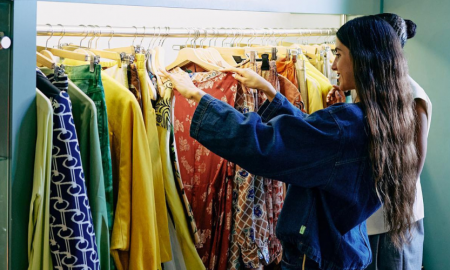



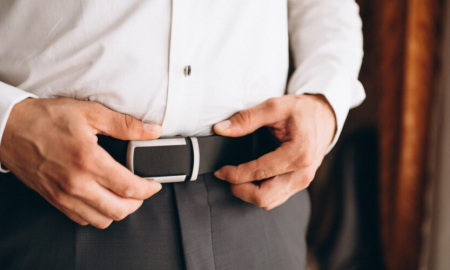



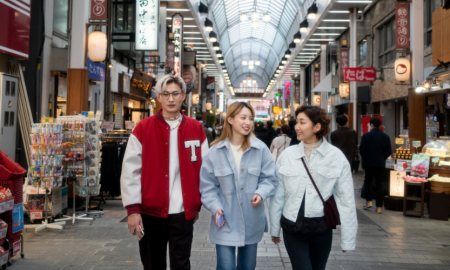
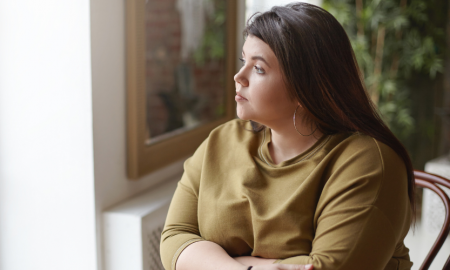
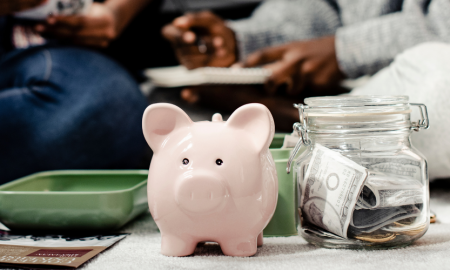

You must be logged in to post a comment Login